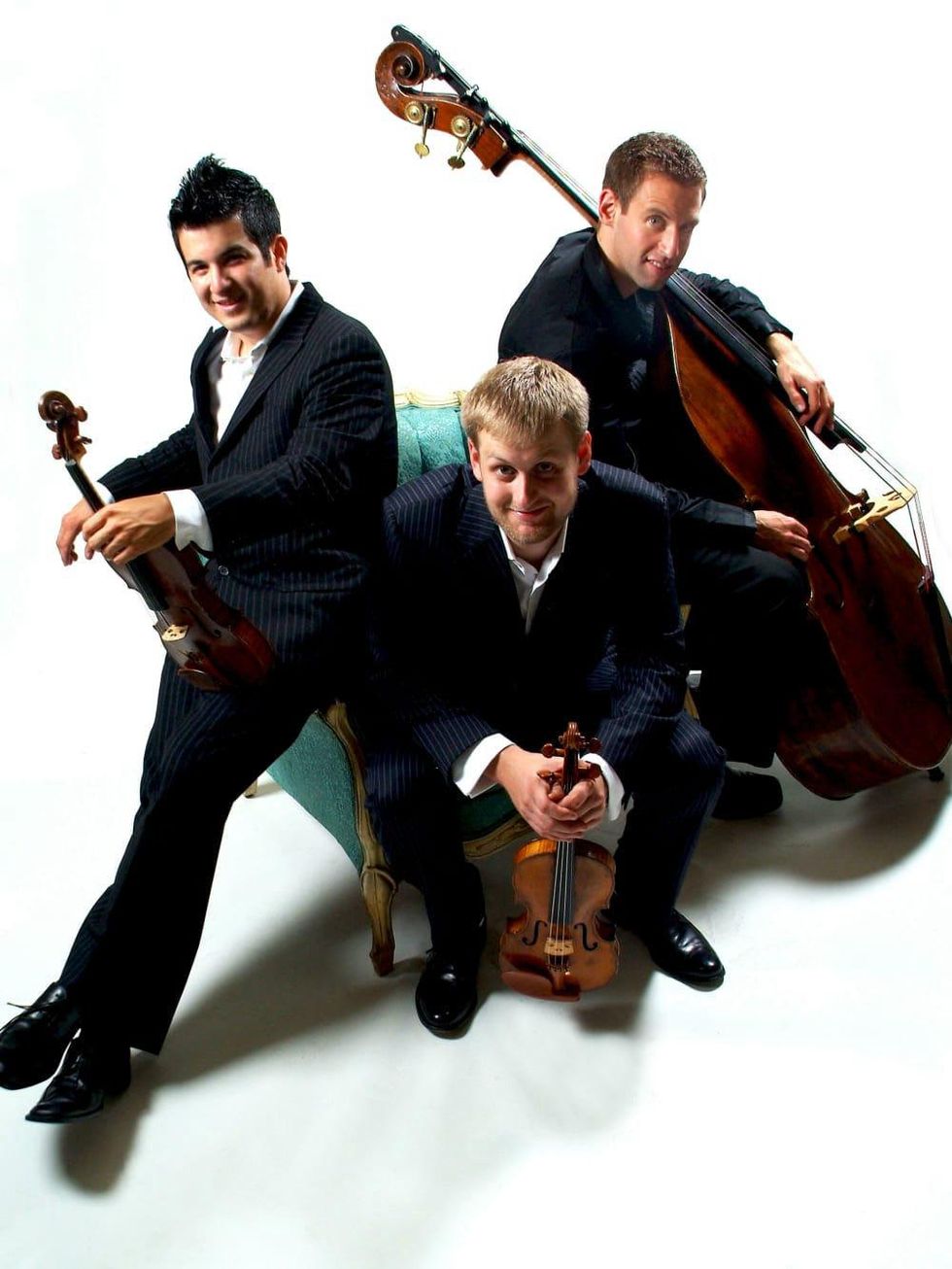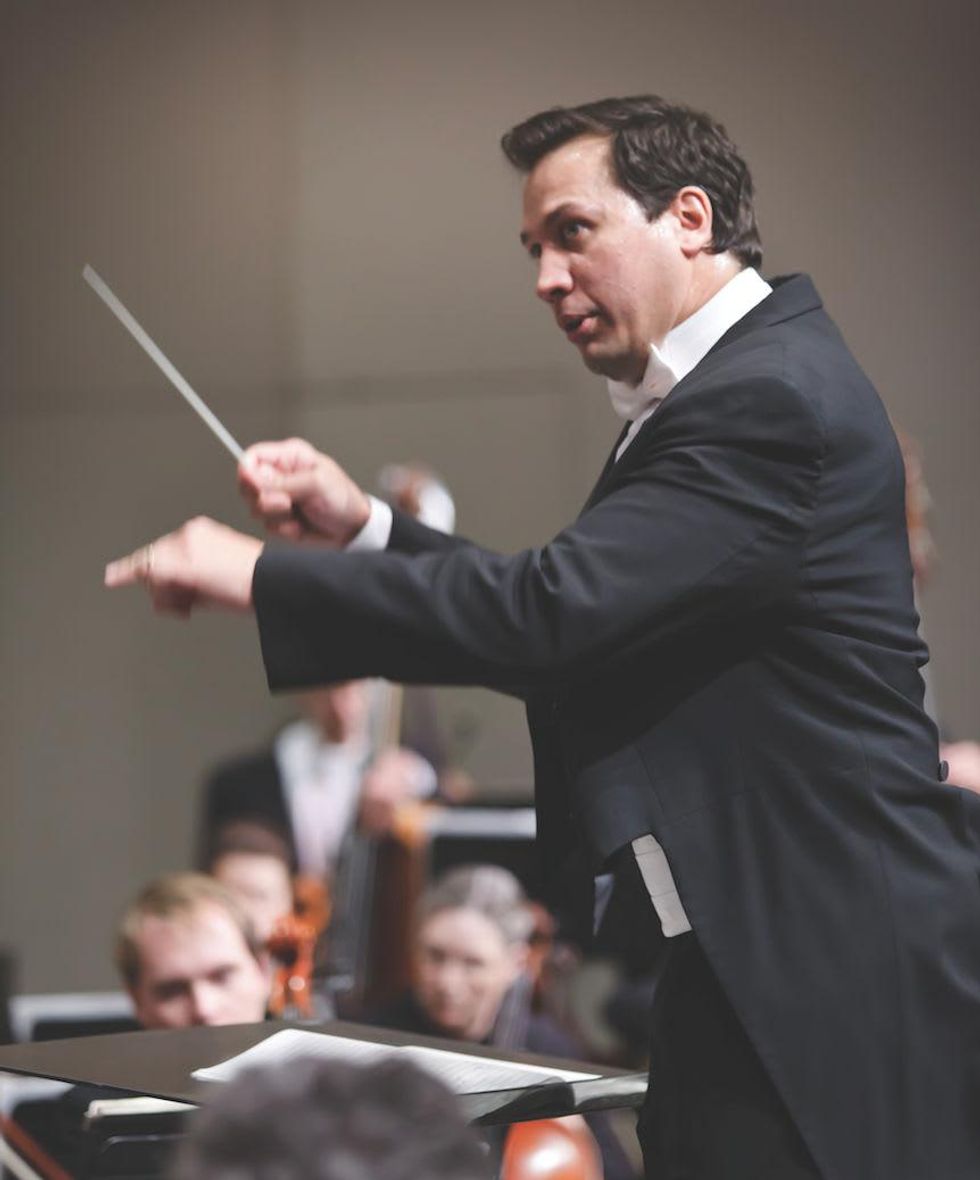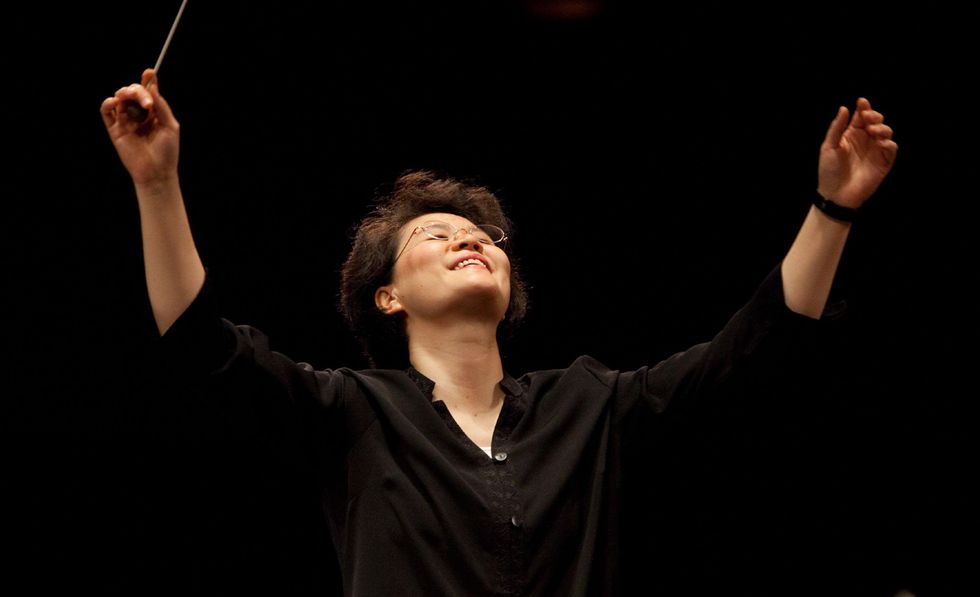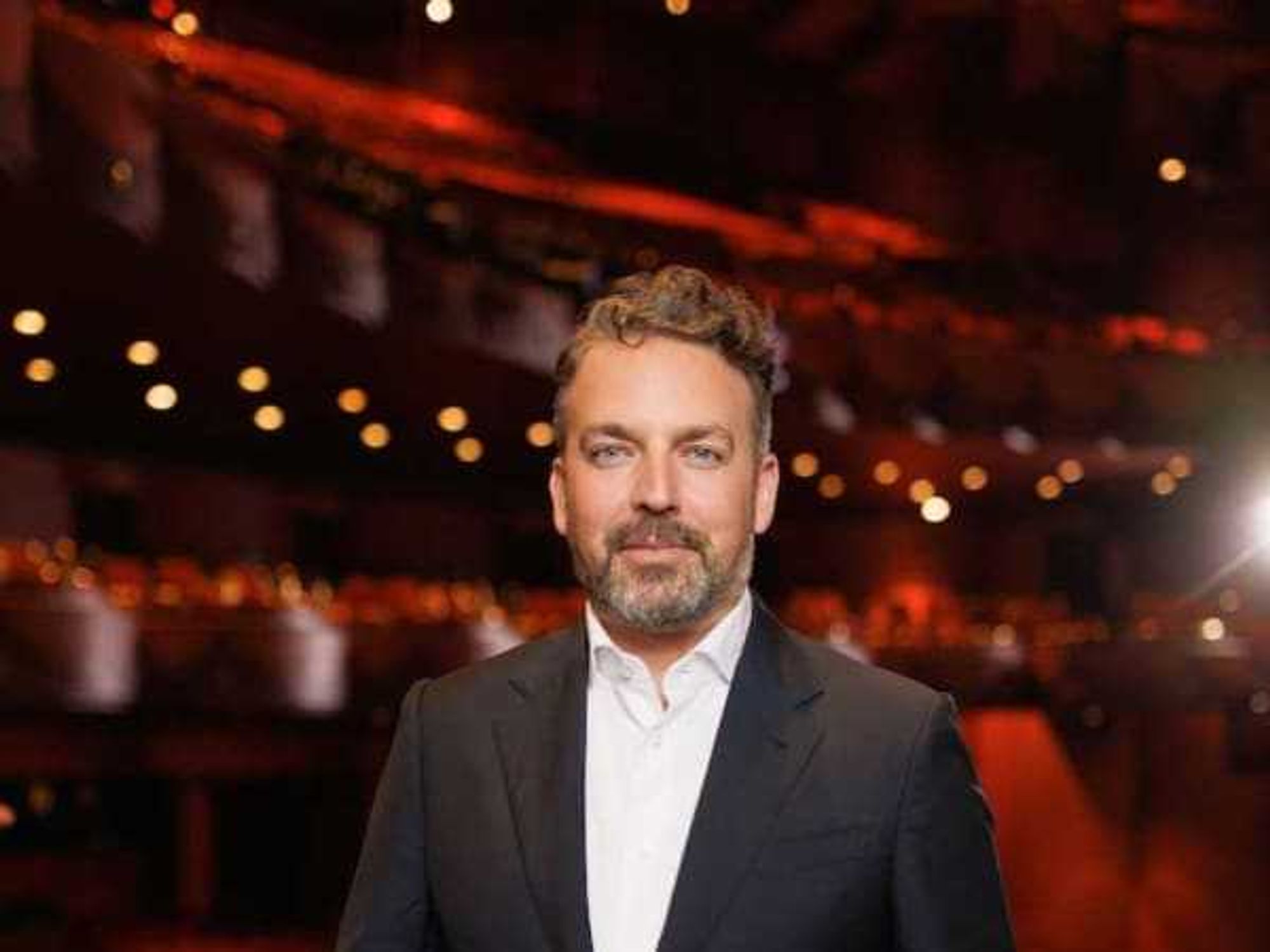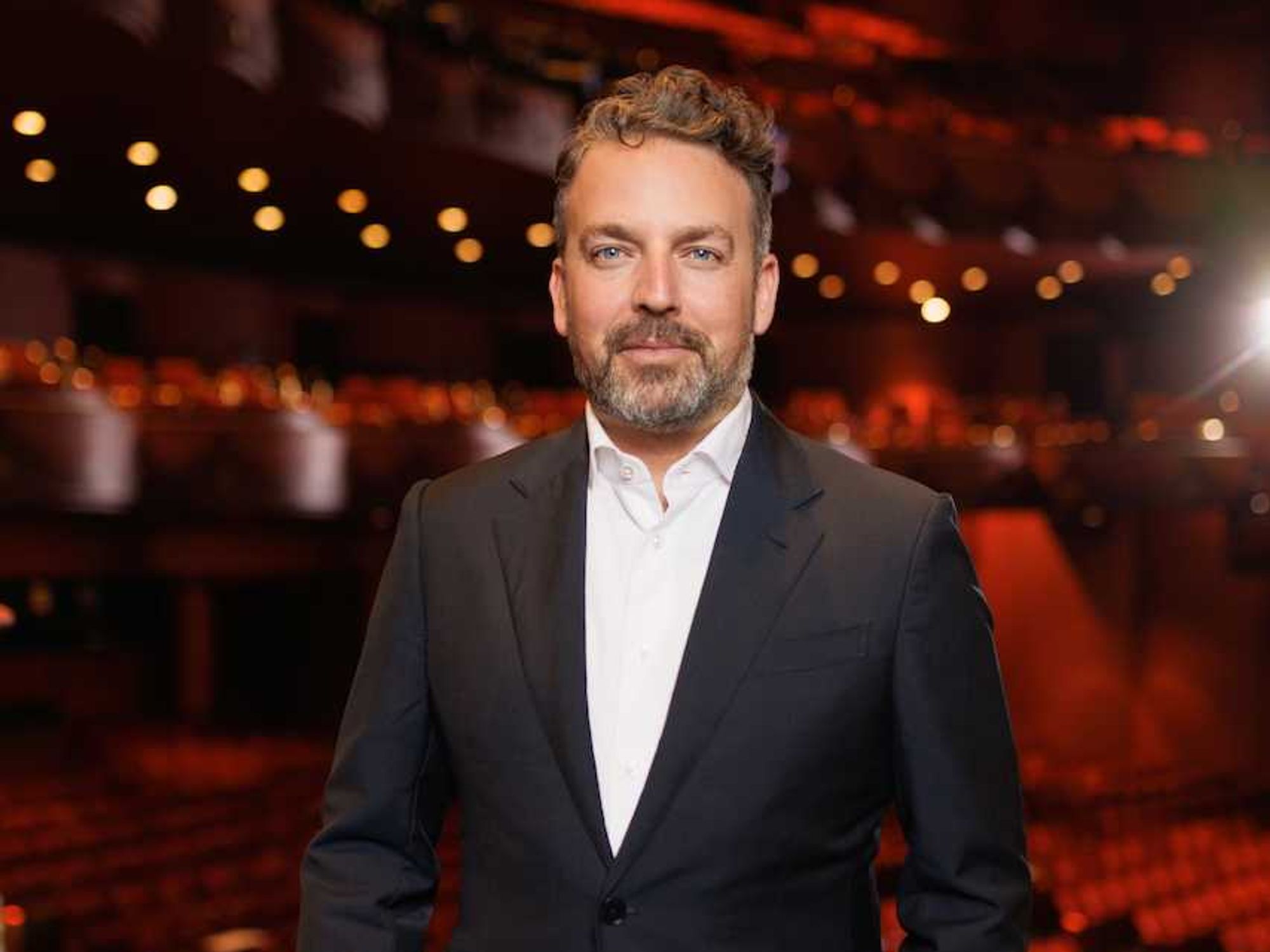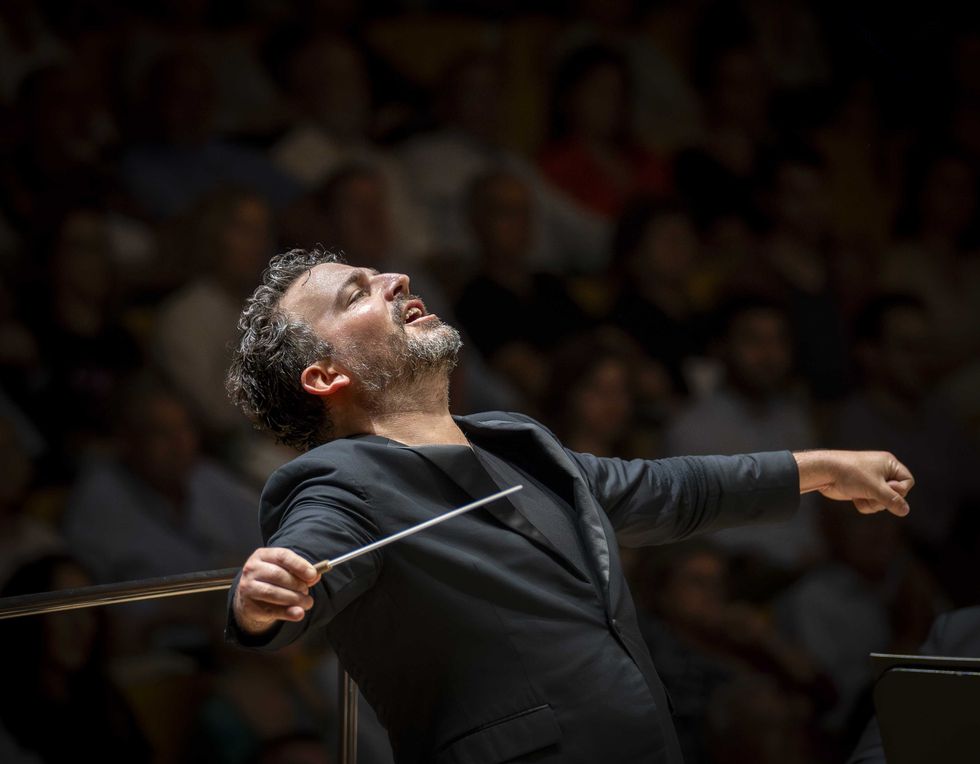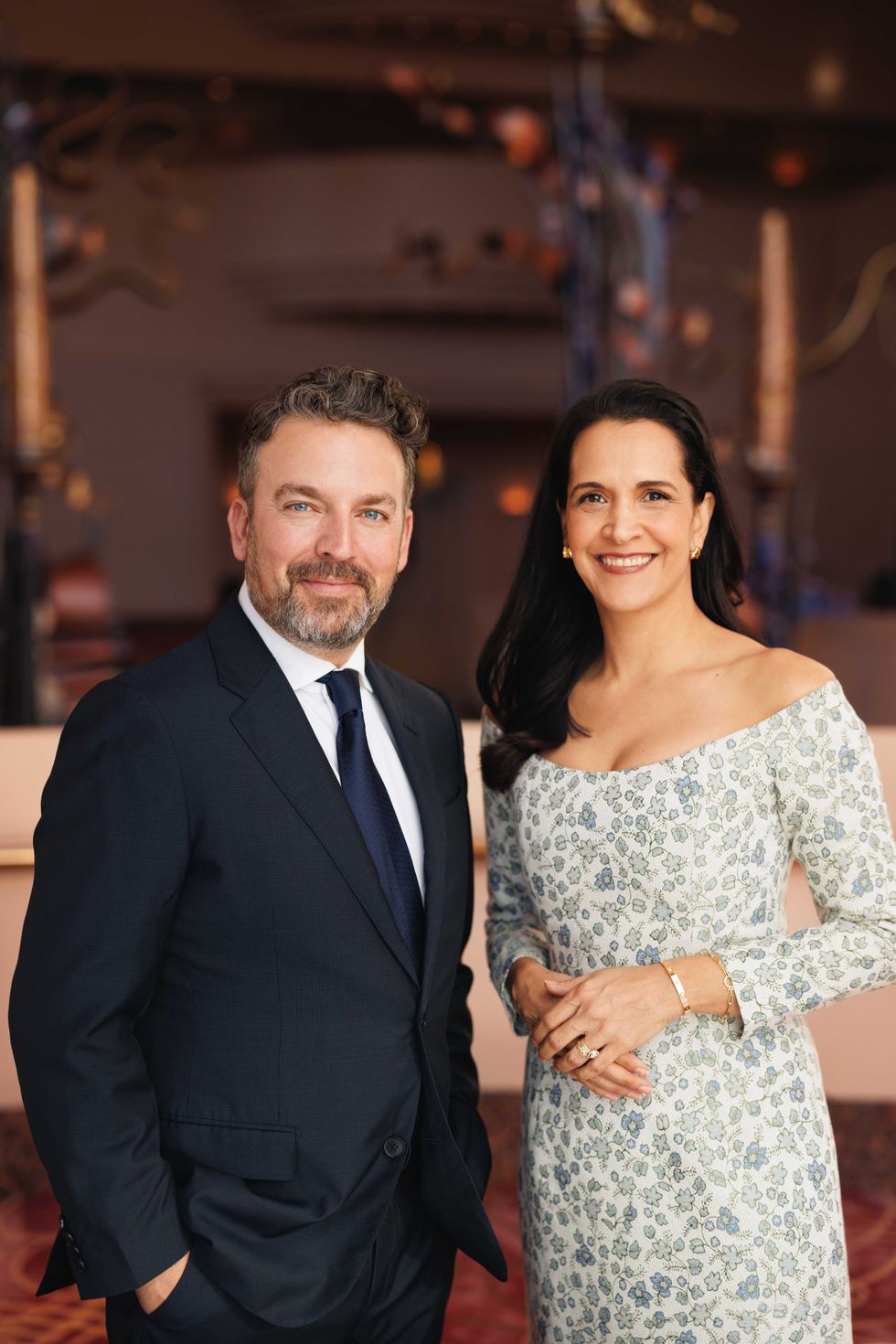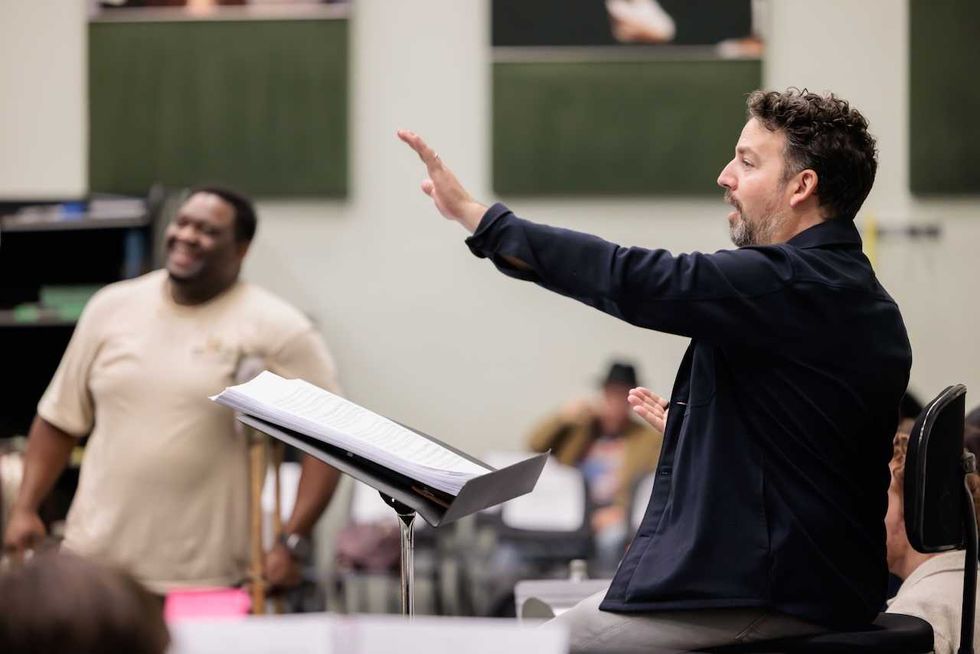Rising Stars
Texas Music Festival draws a record number of applicants, setting up the gutsiest concerts yet
Without the Immanuel and Helen Olshan Texas Music Festival, Houston summers would suffer from a dearth of classical music concerts.
Celebrating its 25th anniversary this year, the month-long training program, set for June 2 to 28 at the Moores School of Music at the University of Houston, welcomes the creme de la creme of emerging classical musicians, many of whom are studying at top conservatories and universities across the globe, including the Juilliard School, Eastman School of Music, Indiana University, Cleveland Institute of Music and Shepherd School of Music at Rice University.
Although TMF consists of many courses of study in vocal, guitar and piano performance, the crowning achievement of the annual festival is the Orchestral Institute and the some 95 fellows that comprise an energetic symphony.
A record number of applications were received by Texas Music Festival officials, a testament to the program's international reputation for hiring acclaimed faculty and energetic conductors. Add gutsy programming that would typically occur at a professional level, the festival's bold and fearless schedule offers an immersive environment in which participants only have a handful of days to prepare difficult orchestral masterworks for performance.
When maestro Carlos Spierer steps up to the podium, his father, Leon Spierer, a violin legend who served as first concertmaster of the Berlin Philharmonic, will be sitting in the first fiddle chair.
This isn't a "one time at band camp" experience.
In memory of co-founding director David Tomatz, who died in January, the orchestra series opens with Mahler's Symphony No. 2 in C Minor "Resurrection" (June 7). Led by conductor Franz Anton Krager with soloists soprano Cynthia Clayton and mezzo-soprano Melanie Sonnenberg, the Houston Symphony Chorus joins in honoring a key player who "left an everlasting impression on the Texas Music Festival through his visionary leadership," says general and artistic director Alan Austin, who participated in TMF's inaugural year.
The Orchestral Institute's second concert spotlights the leitmotifs of Wagner's Ring Cycle in Lorin Maazel's adaptation titled The Ring Without Words (June 13 and 14), a setting that shrinks the 17-hour marathon into 75 minutes. When maestro Carlos Spierer steps up to the podium to conduct this program, his father, Leon Spierer, a violin legend who served as first concertmaster of the Berlin Philharmonic for more than 30 years, will be sitting in the first fiddle chair.
Conductor Daniel Hege returns to TMF for a varied program of rare, yet powerful gems that includes Nielsen's Symphony No. 4, Britten's Sinfonia da Requiem and Bartok's Miraculous Mandarin Suite (June 21).
Expect the energy of maestro Mei-Ann Chen to echo that of featured chamber music ensemble Time for Three (June 28), a group that has been praised for music making that's "equal parts spontaneity and virtuosic precision" (The Wall Street Journal) in a style that can't be classified as any pre-established genre. Brubeck's Travels in Time for Three, Huang's Saibei Dance and Shostakovich's Symphony No. 10 render the curtain call musicale, a hodgepodge of tuneful prowess that will remain a high point in the performers' and audience's memories for years to come.
____
Tickets to the Immanuel and Helen Olshan Texas Music Festival can be purchased online or by calling 713-743-3313. Admission to orchestra concerts is $15 for students and $10 for seniors. Many TMF recitals, concerts and lectures are free.
